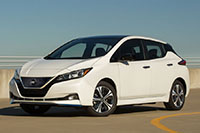
While Nissan’s Leaf was once the global dominant force in the electric vehicle industry, and instrumental in relieving “range anxiety” for thousands of EV buyers, it’s no longer king of the plug-in hill, despite offering up to 364 in range when upgrading to its “Plus” trim line. Plenty of competitors now provide greater travel distances on a single charge, making them more practical for everyday use, especially now that advanced electrical and battery storage systems allow for quicker charging.
Tesla now leads EV sales by wide margins in the U.S. and Canada, while strong competitors from Chevrolet, Volkswagen, Hyundai and Kia promise to make Nissan’s life difficult, with the Leaf only placing fifth most popular amongst EVs in Canada last year, and sixth in the U.S.
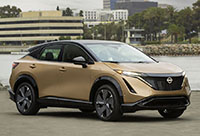
To remedy the problem, Nissan just announced a $500-million USD investment in its Canton, Mississippi plant, which will transform it from merely producing trucks, to soon producing electric vehicles by 2025. Nissan will retain and upskill 2,000 workers from the facility’s current roster of 5,000 employees, which will make Mississippi Nissan’s centre for electric vehicle manufacturing and technology.
“Today’s announcement is the first of several new investments that will drive the EV revolution in the United States,” stated Ashwani Gupta, chief operating officer for Nissan Motor Corporation, Ltd. “Nissan is making a strong investment in Canton’s future, bringing the latest technology, training and process to create a truly best-in-class EV manufacturing team.”
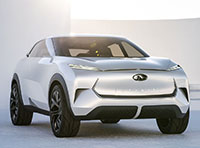
While this is only a small portion of the $13.5 billion of overall investment Nissan has sunk into its U.S. manufacturing operations thus far (of which $4 billion has previously been invested in Canton alone), the automaker is projecting that 40 percent of new vehicle purchases will be for fully electric vehicles by the year 2030, making this investment critical for its future prospects.
Even more electrified models will be sold as hybrids and plug-in hybrid (PHEV) vehicles before that time, which is why the “Nissan Ambition 2030” project targets 23 electrified models within its namesake and Infiniti brands globally by 2030, of which 15 are slated to be fully electric.
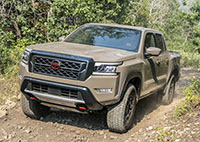
The Canton assembly plant, created in 2003, currently builds four Nissan models including the Altima, Frontier, Titan and Titan XD. It has produced almost 5 million vehicles over 19 years, and according to a recent announcement, will have two all-new fully electric models in production in three years time.
The Leaf, which is produced in Smyrna, Tennessee (for U.S. consumption), won’t have its production transferred to the updated Mississippi facility, so therefore it’s likely the two new models will be a production version of the Nissan Ariya Concept, which debuted in 2019, and possibly something along the lines of the 2019 Infiniti QX Inspiration Concept. Both are mid-size crossover SUV prototypes, which would make for a good target market to attract the most possible buyers.
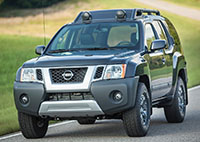
Also interesting is Nissan’s choice of combining electric vehicle and truck production under one roof. This could potentially lead to electrified 4×4-capable models, similar to what Toyota is doing with its new Tundra hybrid pickup, not to mention Ford with its new F-150 Lightning and Chevrolet with its fully electric Silverado. Likewise, GMC introduced a renewed Hummer sub-brand with a fully electric pickup and SUV, plus upstart Rivian has made waves with its new truck and utility models.
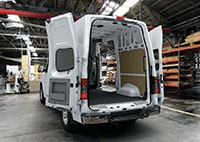
Hybrid and all-electric versions of the new Frontier also make sense, as would electrified trims of the Titan, if Nissan keeps that model on the road (it was recently discontinued in Canada). Future off-road-capable SUVs, which could be based on these pickups, could potentially go up against Toyota 4Runner’s and full-size Sequoia (the latter totally redesigned for 2023), while Nissan might want to consider basing a new Xterra on the back of its Frontier, a model that could go head-to-head with Jeep’s Wrangler and Ford’s new Bronco.
What’s more, electric commercial vans would be a possibility as well, despite Nissan having discontinued its full-size NV Cargo and NV Passenger vans, plus its NV200 compact van up last September. A fleet of commercial EVs could revitalize this segment for Nissan, while simultaneously expanding the automaker’s important fleet customer base for its “Seamless Autonomous Mobility (SAM)” driving technologies.
Story credit: Trevor Hofmann
Photo credits: Nissan and Infiniti

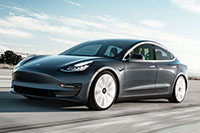
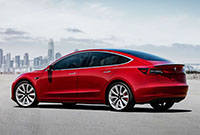
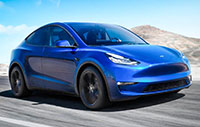

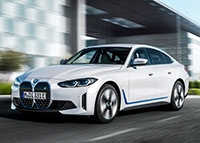
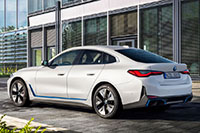
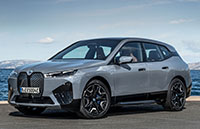
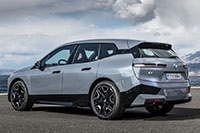
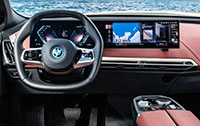

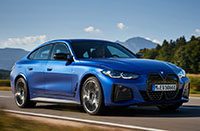
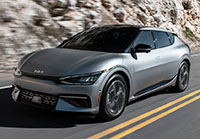
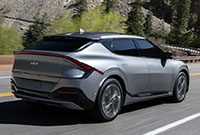
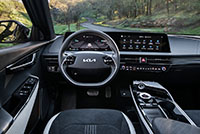

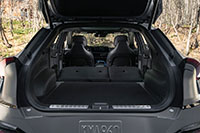
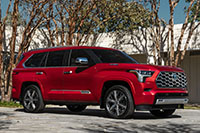
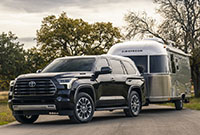
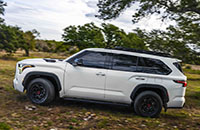
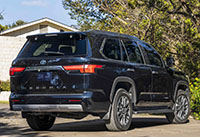
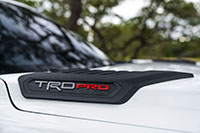
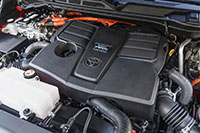
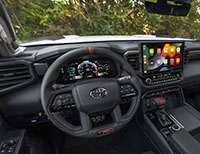

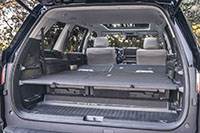
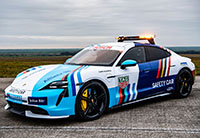



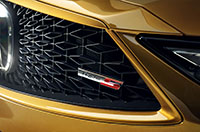
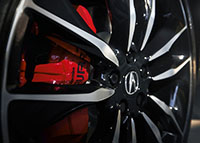

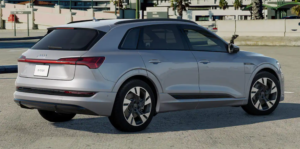
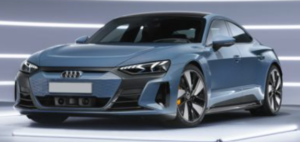
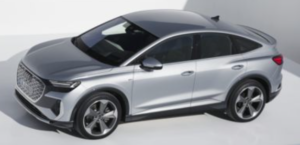
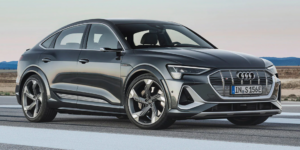
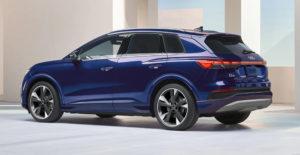
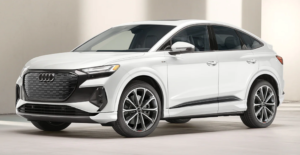
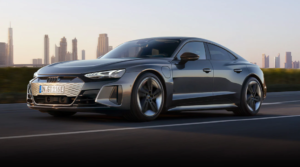
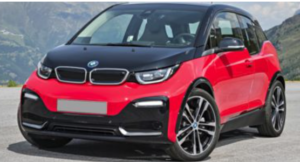
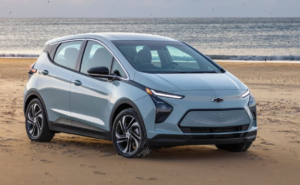
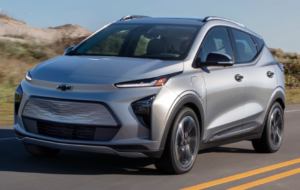
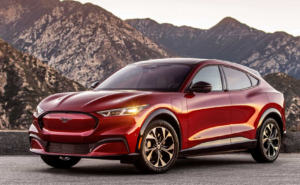
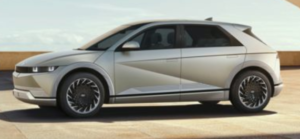
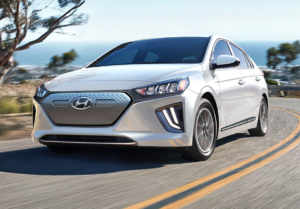
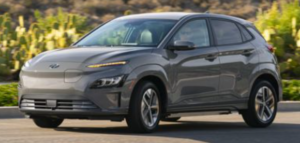
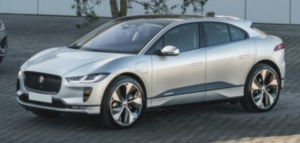
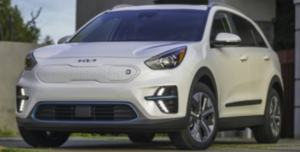
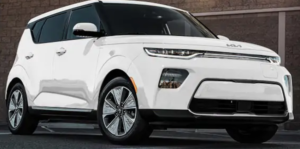
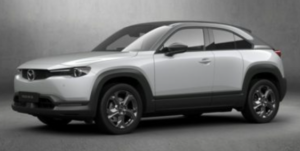

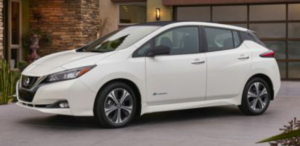
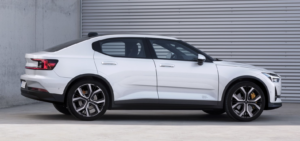
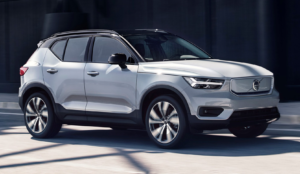
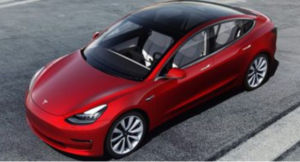
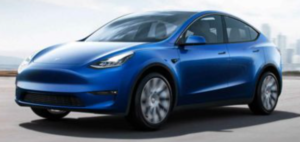
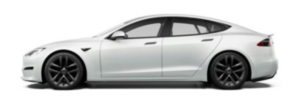
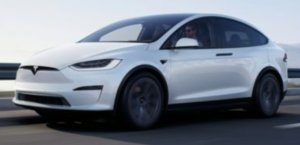
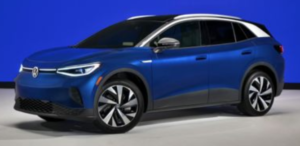
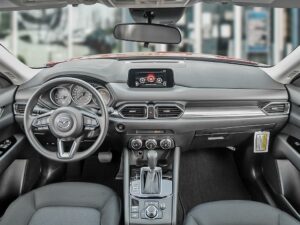
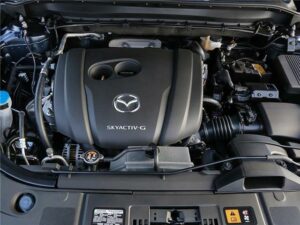 Regardless of which trim you opt for, know that this is a pure-blooded Mazda. That means exceptional fuel efficiency, with an average of 24 miles per gallon in the city, 30 for highways, and 26 combined. It also means, thanks to the Skyactiv technologies and navigational features we touched on earlier, that each ride will be smoother with highly responsive handling. And, with a focus on exterior aerodynamics and interior comfort, ambient noise and vibrations are kept to a minimum in the cabin even in busy environments – perfect for a stress-free daily commute or road trip through a new-to-you city.
Regardless of which trim you opt for, know that this is a pure-blooded Mazda. That means exceptional fuel efficiency, with an average of 24 miles per gallon in the city, 30 for highways, and 26 combined. It also means, thanks to the Skyactiv technologies and navigational features we touched on earlier, that each ride will be smoother with highly responsive handling. And, with a focus on exterior aerodynamics and interior comfort, ambient noise and vibrations are kept to a minimum in the cabin even in busy environments – perfect for a stress-free daily commute or road trip through a new-to-you city.